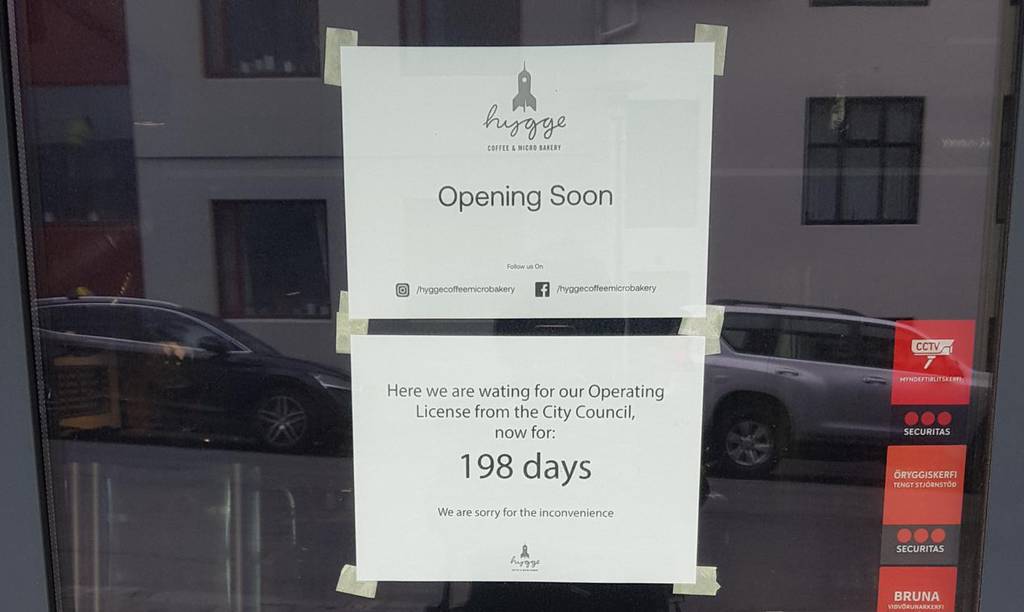The trade war this week: Handklap behind the scenes
/s3/static.nrc.nl/wp-content/uploads/2025/04/18081412/USA-ITALY_67334510.jpg)
The trade war that President Trump unleashes on 2 April is set a bit more behind the scenes this week than before. The playing field has shifted from press conferences with announced taxes or the temporary withdrawal thereof to bilateral consultation. The president wants to close deals with many countries, and in the meantime makes frantic attempts to push the course of the US economy in the desired direction with unorthodox means.
An overview of the events of the past days:
- This week the World Trade Organization hear. This club, of which almost all countries of the world are members, is remarkably silent while the economic world order that the WTO has to monitor is being demolished. Wednesday came out that the WTO is very worried About global economic growth. The WTO expects world trade no longer to grow, as expected, but shrinks by 0.2 to 1.5 percent.
- Earlier this week leaked through the Irish Times from that Trump wants to force other countries to to take China. The Irish Deputy Prime Minister Simon Harris was told this week in Washington that the EU should break the ties with China to have a chance to win a good trade agreement with the US.
- The Italian Prime Minister Giorgia Meloni Yesterday the first leader of a country of the European Union to visit Trump since he announced the global import duties on 2 April. She is in a spacious and uncomfortable position: Trump is a fan of hers (she was with his inauguration) and can thus get her national interests on the table in the White House. At the same time, the European Commission sees one PLEAVE POST To represent European interests as a whole. Meloni came out of the White House again with few concrete things, except for an appointment that Trump will soon come to Rome. According to Trump, « 100 percent will certainly come up with a trading deal with Europe ». What it will look like is uncertain. Japanese delegation Went home empty -handed earlier this week, although Trump also said there he was expected to close a deal.
- In the meantime, the import duties of 10 percent who has imposed the US the rest of the world just went in. This leads to great unrest at a lot to the US exporting companies. They postpone investments because they do not know where they stand. In addition, the costs for corporate loans have been risen sharply in recent weeks, which makes investing – also through private equity – more expensive anyway.
- Now that Trump can dominate the world news a little less through taxes, he seems to shift his course to neighboring plots. Yesterday he posted a new attack on his social media platform Truth Social on the chairman of the American system of central banks, FED chairman Jerome Powell. He is again « too late », according to Trump, with an interest rate reduction he desired. He needs Trump to support the economy – which he himself has affected. Powell does not yet shrink, and Trump prefers to dismiss him, but that is not allowed by the law. Powell’s term will expire in May 2026. Powell had the Independence of his Fed emphasizes: we are racing on economic data, not politics, he said. That data makes an interest reduction unlikely. As a result of the taxes, inflation rises, something that the Fed wants to prevent with high interest rates. The big question is whether economic growth collapses so far that the Fed has to make a different choice. This is more likely to think of monetary support through the buy -out of government bonds than through lower interest rates, by the way.
- On our side of the Atlantic Ocean, Trumps policy ensures a rapid relaxation of monetary policy. The Inflation in the euro countries is close to the 2 percent and, out of care for economic developments, ECB president Christine Lagarde yesterday the European interest by 0.25 percentage point to 2.25 percent. For comparison: in the US the interest is now between 4.25 and 4.5 percent, so double.
Live blog
Economy blog
Vs weaken port taxes, Heineken does not plan to move breweries to the US

:format(webp)/s3/static.nrc.nl/bvhw/files/2019/08/web-1708zatwongjpg.jpg)
:format(webp)/s3/static.nrc.nl/images/gn4/stripped/data132512191-bf7b93.jpg)
/s3/static.nrc.nl/images/gn4/data133305174-ec8c91.jpg)



